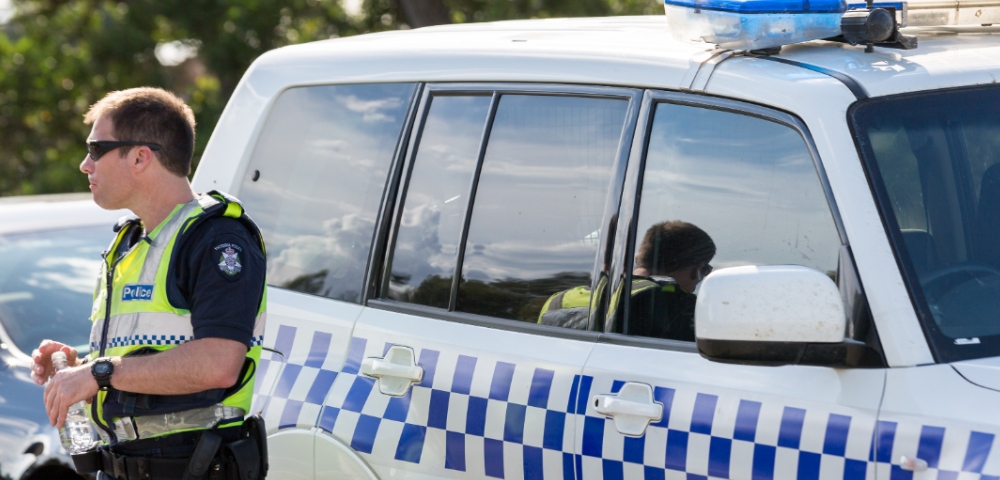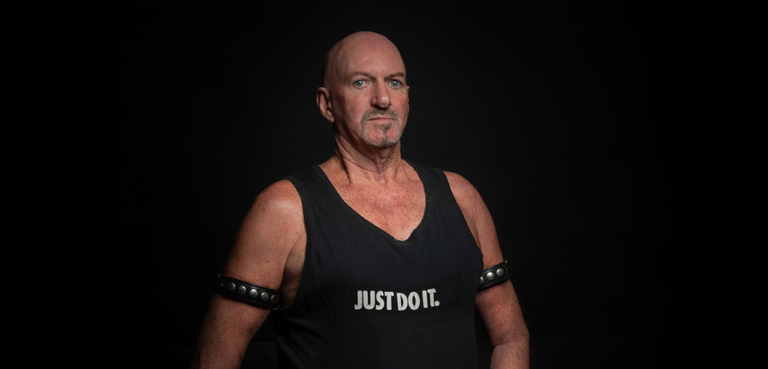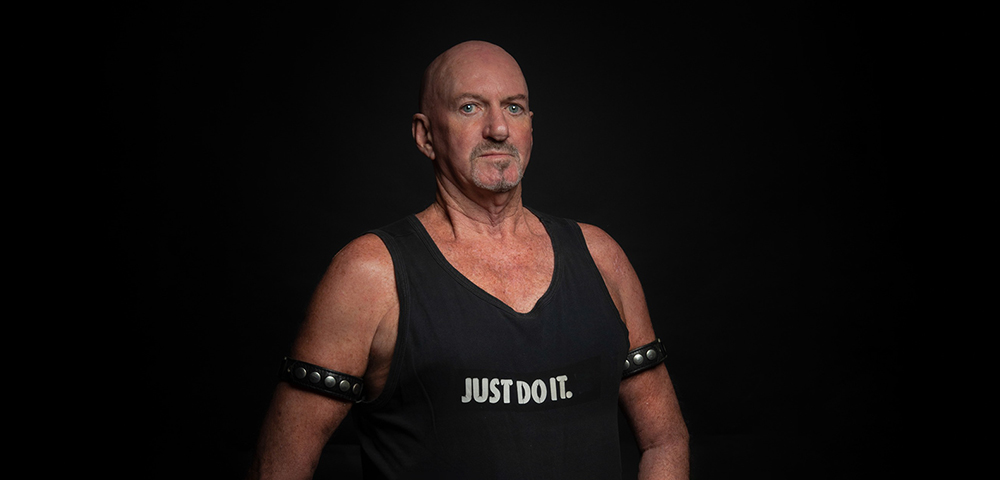
Calls for enhanced mental health intervention training after police shoot armed man

by GRACE JOHNSON
Calls for better mental health intervention training for police officers have reignited after a man was shot dead outside a medical centre in Nowra.
The 34-year-old, identified as Alexander Stuart Pinnock, reportedly pulled a gun on his doctor and began threatening staff.
When he emerged from the medical clinic, armed with a semi-automatic Glock pistol, multiple police officers shot at him, ending the two-hour stand off.
He was treated by paramedics but died at the scene.
Pinnock was reportedly known to the police in the context of mental health interventions and had a minor criminal record for non-violent crimes.
Last year, he pleaded guilty to posing as a lawyer. He was featured on the A Current Affair news program, claiming he had schizophrenia and believed that he was a lawyer after purchasing a phoney law qualification from “Charleston State University” in South Carolina.
He used the piece of paper to practice law in multiple states including South Australia and Victoria.
“No one believed this more than I did,” Pinnock said. “I’m not a lawyer, which is why I’ve pleaded guilty.”

Calls for systemic changes
An investigation into the surrounding circumstances of Pinnock’s death has begun, but not without questions of the police’s general handling of individuals with mental health challenges.
In a statement, the Pinnock family said they understood the police’s actions but pointed to the NSW mental health system.
“What happened yesterday demonstrates a failure within the various systems in our community designed to help and support those who struggle with mental illness,” the family said.
“This does not excuse his actions and it does not lessen the impact felt by those close to the incident.”
President of the New South Wales Council for Civil Liberties (NSWCCL) Lydia Shelly said, “We cannot continue to have people experiencing mental health episodes die as a result of police intervention – there must be more effective ways to handle noncompliant individuals in mental health crises without resorting to lethal force.”
She emphasised that all efforts should be made to resolve the situation without police intervention but that, “if police intervention becomes necessary, the use of lethal force should be an absolute last resort.”
In September last year, a woman in Newcastle who threatened people with an axe and then barricaded herself in a room died after she was tasered and shot with a bean-bag round by officers.
The NSWPF’s Mental Health Intervention Team (MHIT) began in 2007 and became a permanent unit in 2009. The MHIT aims to reduce risk of injury and improve awareness amongst front-line police officers.
The training, however, only lasts a day. Select graduates then complete the longer Mental Health Enhanced Police Practice Module (EPPM), which is designed to help first responders when they encounter a highly distressed person with mental illness in a high-risk situation.
Last year, the landmark Law Enforcement Conduct Commission report into critical incidents made seven recommendations, including better mental health training for police.
Ms Shelly said, “Enhanced training, coupled with proper limits and accountability measures on the use of force (including the use of tasers and firearms), can contribute to a more compassionate and effective approach in handling such situations.”









